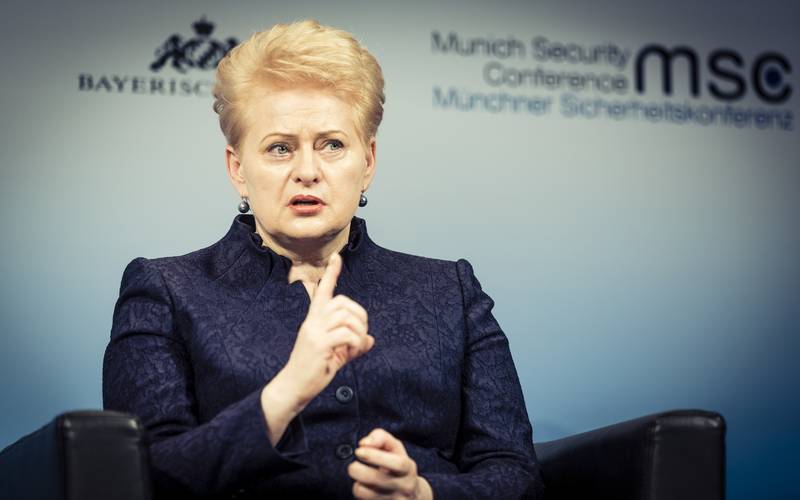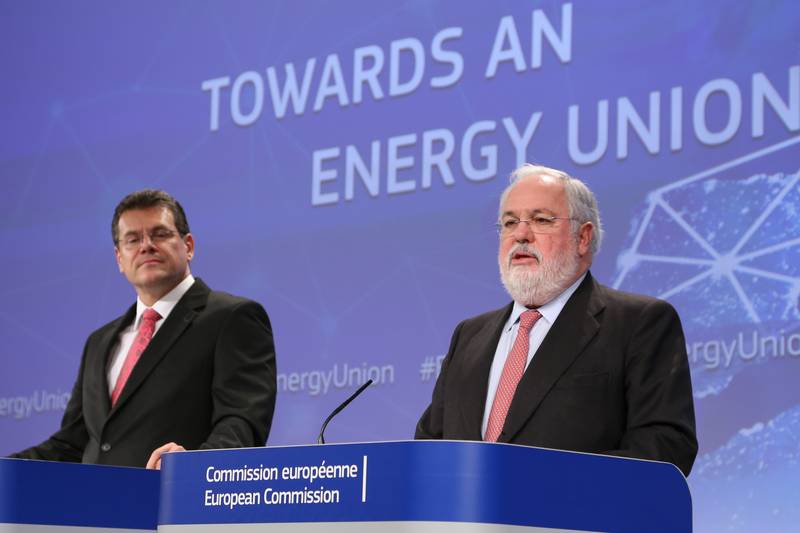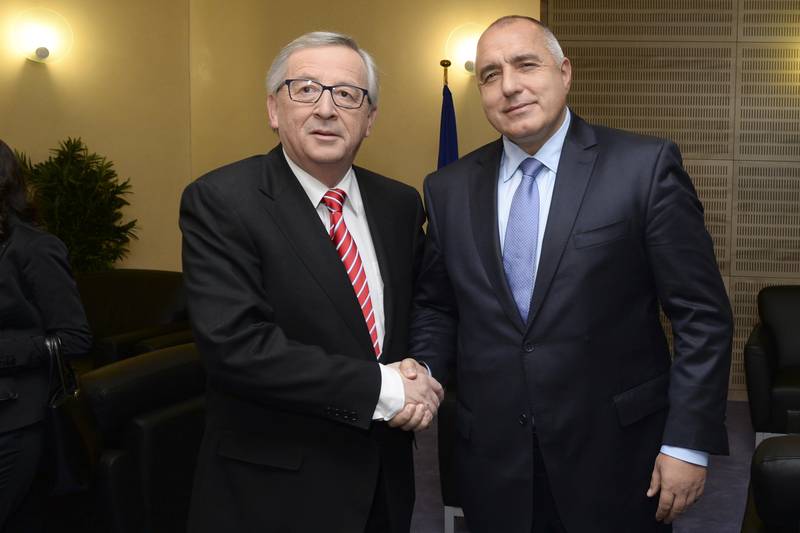"Nord Stream" is moving ahead too
Adelina Marini, May 14, 2009
While we in Bulgaria are left in dark on what's the situation around "South Stream" and what would be the participation of Bulgaria, the online media EurActiv reported that the construction of the northern alternative - "Nord Stream", which is designed to bring Russian gas directly to Germany via the Baltic Sea, bypassing Ukraine, is due to start in April next year. It is expected that the financing of the project will be put in place in the third quarter of the year, said the financial director of the consortium Paul Corcoran in an interview for EurActiv. By the end of the year the necessary environmental permits will also be delivered.
It is exactly the environment permits that are one of the main requirements of the lenders of the project. According to Corcoran, the economic downturn is not an obstacle but, indeed, an advantage.
"Nord Stream" will be 1,220 km long and will transport up to 55 bn cubic metres of Russian gas which is sufficient for 25 mn households. This is a joint project of Gazprom, BASF/Wintershall Holding AG (Wintershall is one of the intermediary in the transition of Russian gas through Bulgaria and is a sister company of Gazprom) , E.ON Ruhrgas AG and N.V. Nederlandse Gasunie. Gazprom leads the consortium with a 51% stake.
But the most important questions surrounding both Streams are two: whether they provide more energy security taking into account that the gas would again be Russian and the second question is whether Russia has enough gas to provide because the country faces financial difficulties to develop new gas deposits or to modernise the existing ones.
 Dalia Grybauskaite | © MSC/Koerner
Dalia Grybauskaite | © MSC/Koerner Maros Sefcovic, Miguel Arias Canete | © European Commission
Maros Sefcovic, Miguel Arias Canete | © European Commission Jean-Claude Juncker, Boyko Borissov | © European Commission
Jean-Claude Juncker, Boyko Borissov | © European Commission